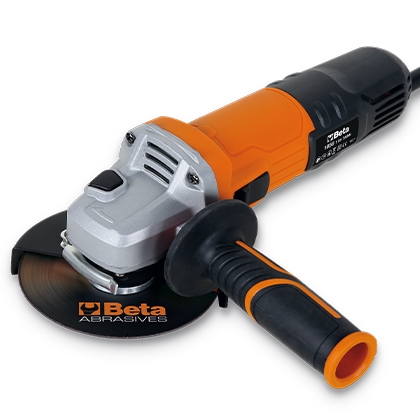Power tools are essential for any DIY enthusiast or professional contractor. However, with so many options available in the market, it can be overwhelming to choose the right one. In this article, we will discuss the key factors to consider when buying a power tool.
- Purpose
The first thing to consider is the purpose of the tool. What task do you need to accomplish? Is it drilling, cutting, sanding, or something else? Different power tools are designed for specific tasks, so it’s important to choose the right one for the job.
- Power
The power of a tool is measured in amps or volts. The higher the amps or volts, the more powerful the tool. However, more power also means more weight and higher cost. Consider the power you need for your task and choose a tool that meets your requirements.
- Corded or Cordless
Power tools can be corded or cordless. Corded tools provide more power and are suitable for heavy-duty tasks, but they require a power outlet. Cordless tools are more portable and convenient, but they have limited battery life and may not be suitable for long tasks.
- Brand and Quality
Choose a reputable brand that offers high-quality tools. Quality tools are more durable, reliable, and efficient. They may cost more, but they will save you money in the long run by lasting longer and requiring less maintenance.
- Ergonomics
Consider the ergonomics of the tool. Is it comfortable to hold and use? Does it have a good grip? Is it well-balanced? Ergonomic tools reduce fatigue and improve accuracy, making them more efficient and safer to use.
- Safety Features
Power tools can be dangerous if not used properly. Look for tools with safety features such as blade guards, safety switches, and anti-kickback mechanisms. These features will reduce the risk of accidents and injuries.
- Warranty and Customer Support
Choose a tool with a good warranty and customer support. A good warranty will cover any defects or malfunctions, while good customer support will provide assistance and advice when needed.
In conclusion, buying a power tool requires careful consideration of its purpose, power, corded or cordless, brand and quality, ergonomics, safety features, and warranty and customer support. By following these guidelines, you can choose the right tool for your task and ensure its efficiency, safety, and durability.

